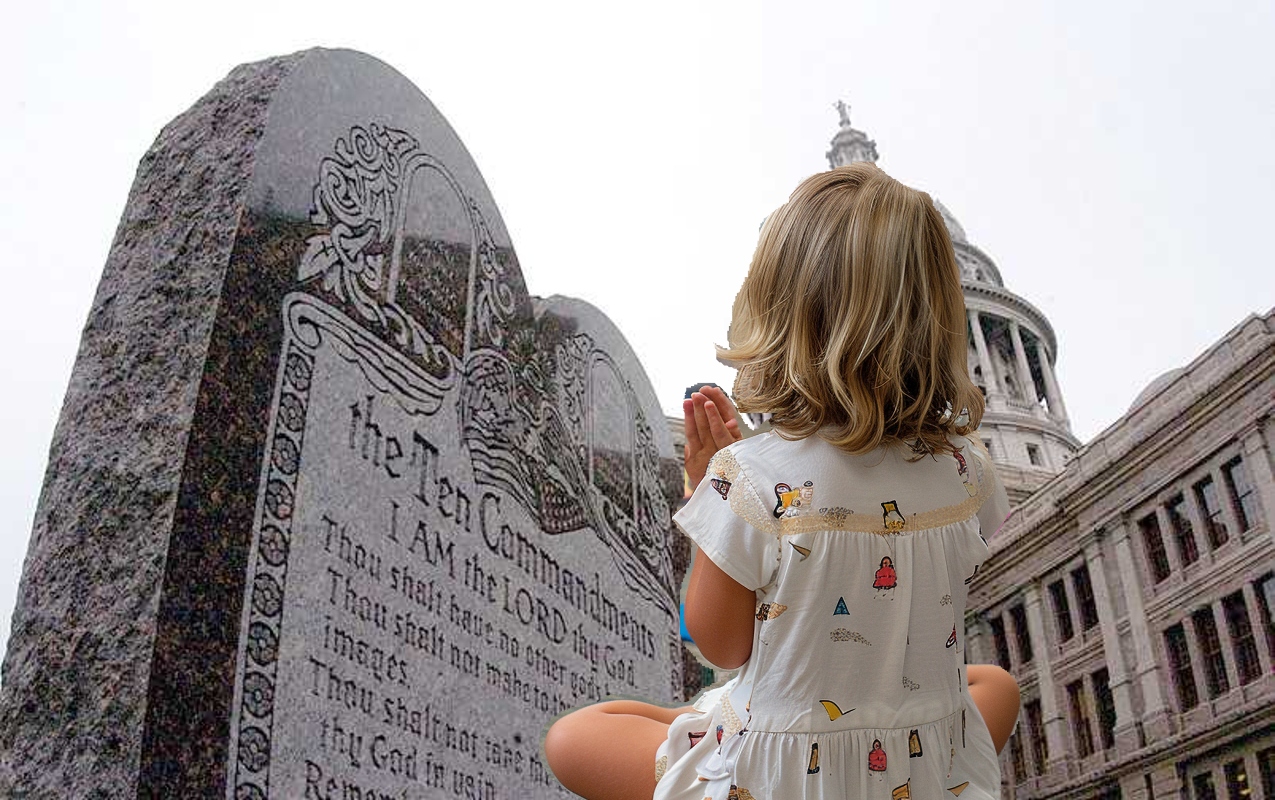In a landmark decision, Louisiana has become the first state to mandate the display of the Ten Commandments in every public school and state-funded university classroom. This week, Governor Jeff Landry signed House Bill 71 into law, requiring these “foundational documents” to be posted in a large, easily readable font. This new legislation, set to take effect next year, reignites the enduring debate over the separation of church and state in educational settings.
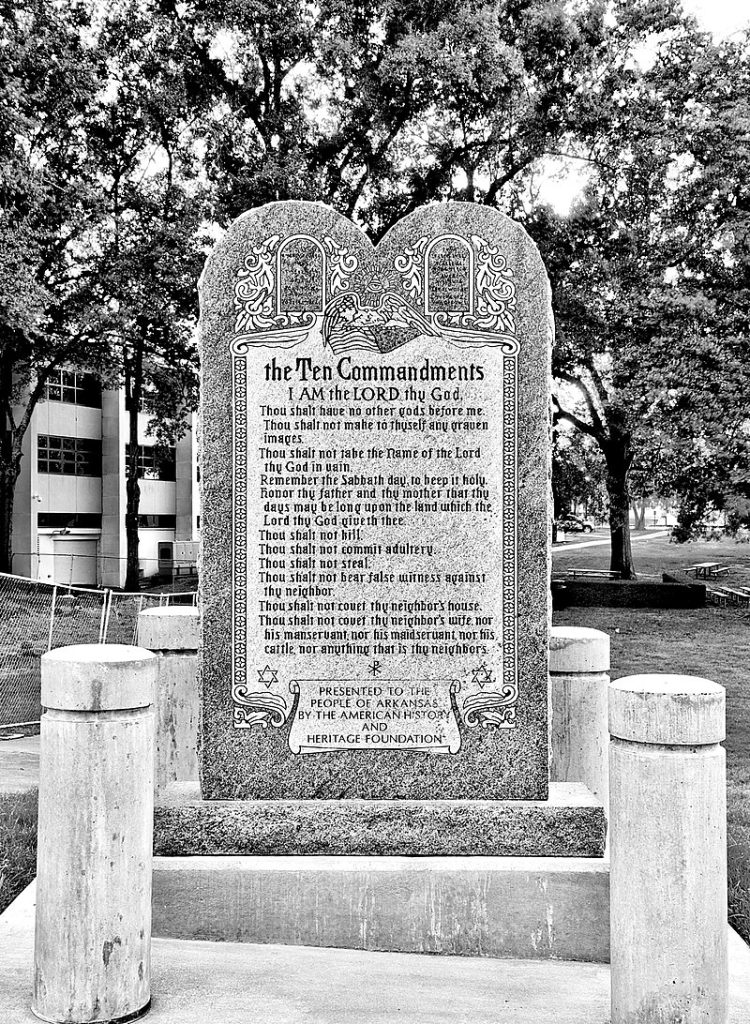
The bill has garnered significant attention and controversy. Civil liberties organizations, including Americans United for Separation of Church and State, have announced plans to challenge the law in court. Rachel Laser, the group’s president and CEO, expressed concerns that the mandate infringes on constitutional protections against government-imposed religion. “We’re going to be seeing Gov. Landry in court,” Laser stated, highlighting the contentious nature of the law and its potential legal battles.

Supporters of the law argue that the Ten Commandments hold historical significance and are integral to the moral foundation of American governance. The legislation itself describes the commandments as crucial to the nation’s legal and cultural heritage. This viewpoint resonates with figures like Rev. Steve Ryan of Archbishop Shaw High School in New Orleans, who believes the commandments offer valuable moral guidance and are consistent with Judeo-Christian traditions.

Proponents also emphasize the simplicity and universality of the Ten Commandments’ moral directives. Louisiana Attorney General Liz Murrill, a strong supporter of the law, remarked on social media that the commandments encapsulate basic ethical principles, such as prohibitions against killing, stealing, and committing adultery. She expressed eagerness to defend the law, framing it as a return to fundamental societal values.

Despite these endorsements, opponents argue that the law crosses a constitutional line by blurring the boundaries between religion and government. Critics like Laser worry about the implications for Louisiana’s diverse student population, which includes individuals from various religious and non-religious backgrounds. They fear that mandating a specific religious text in classrooms could alienate students who do not share those beliefs.
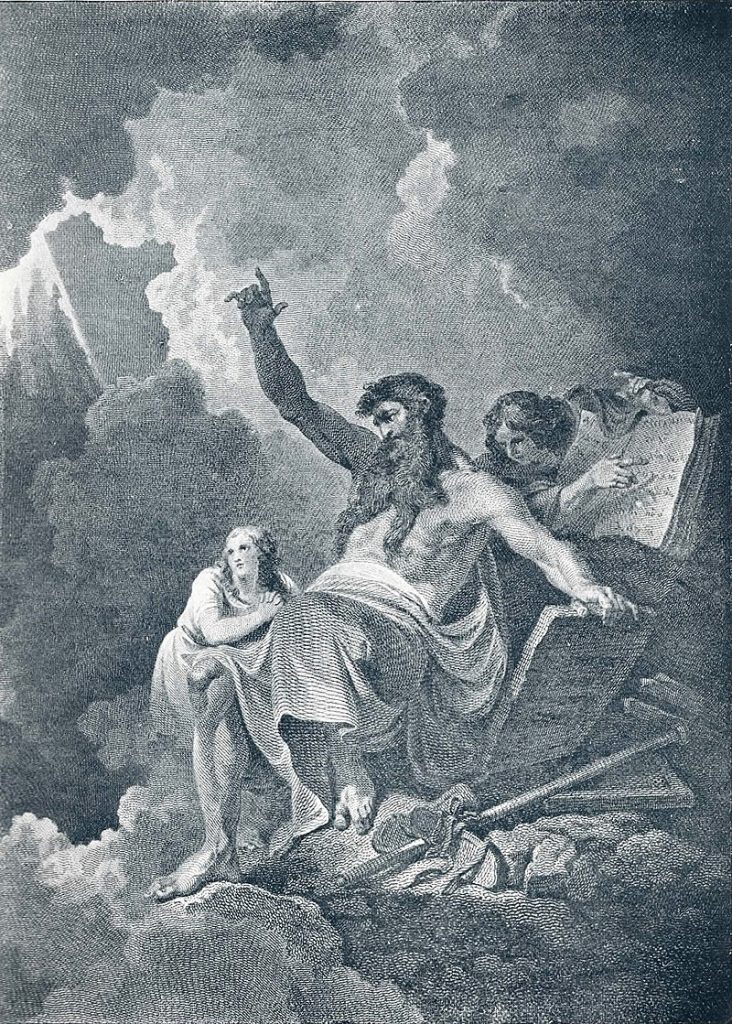
The new law stipulates that no public funds will be used to create the displays; schools and universities may rely on donations to meet the requirement. This provision aims to mitigate financial concerns but does little to address the underlying constitutional issues. The law’s critics maintain that the requirement violates the Establishment Clause, which prohibits the government from endorsing any particular religion.
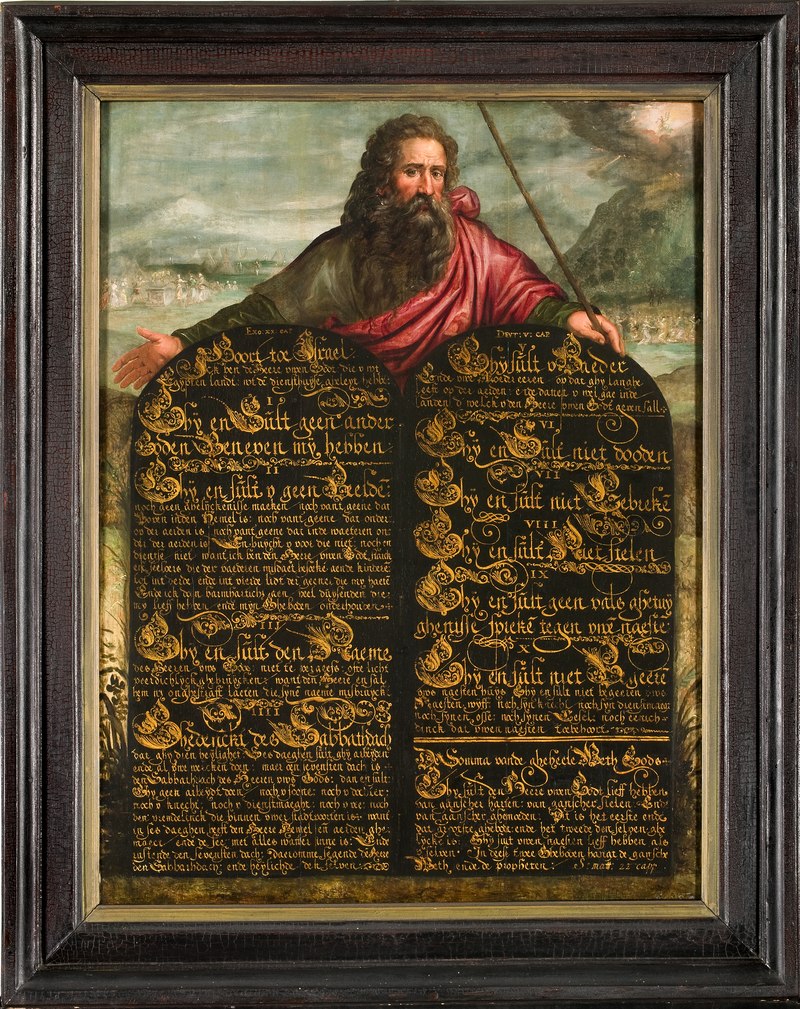
The controversy surrounding this legislation reflects a broader cultural conflict over civic morality and the role of religious teachings in public education. Historically, debates about moral education in the United States trace back to the Puritan influence in early American schooling. Questions about which moral principles should guide education remain deeply divisive and complex.
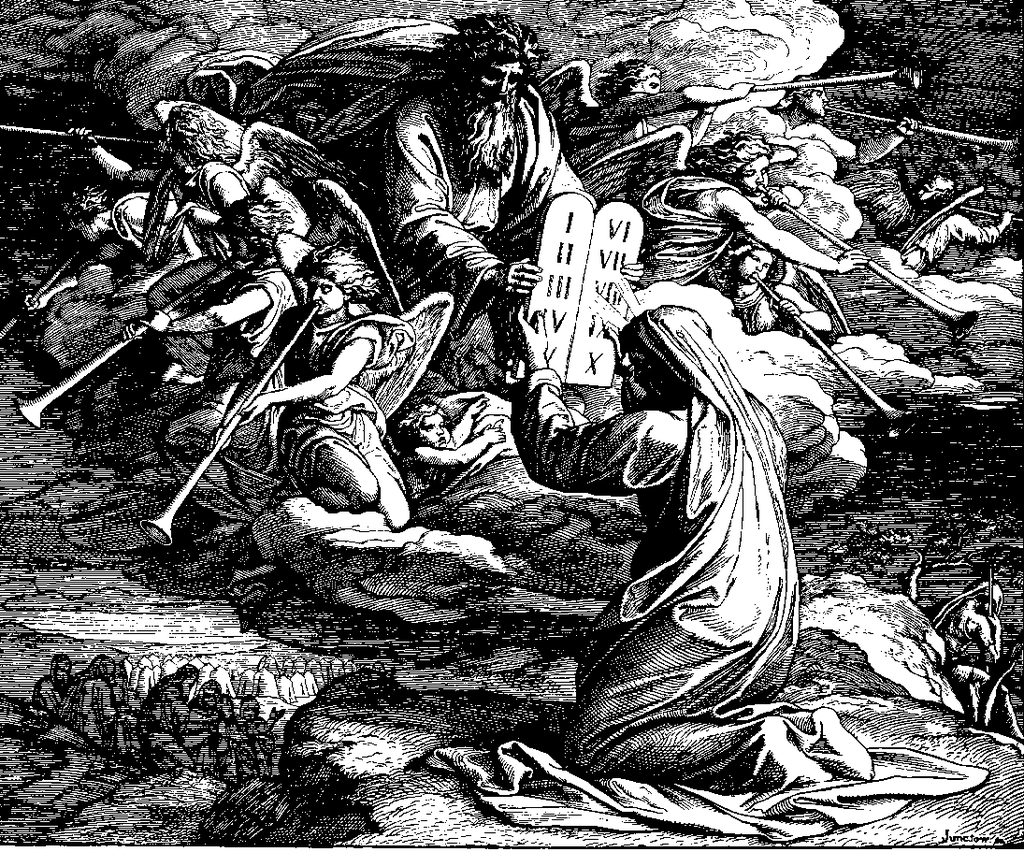
For educators and curriculum theorists, the mandate presents significant challenges. They must navigate the delicate balance between teaching civic morality and respecting the diverse beliefs of all students. The introduction of the Ten Commandments into the curriculum could create a “hidden curriculum,” subtly influencing students’ moral development and potentially impacting their perception of inclusivity in the educational environment.
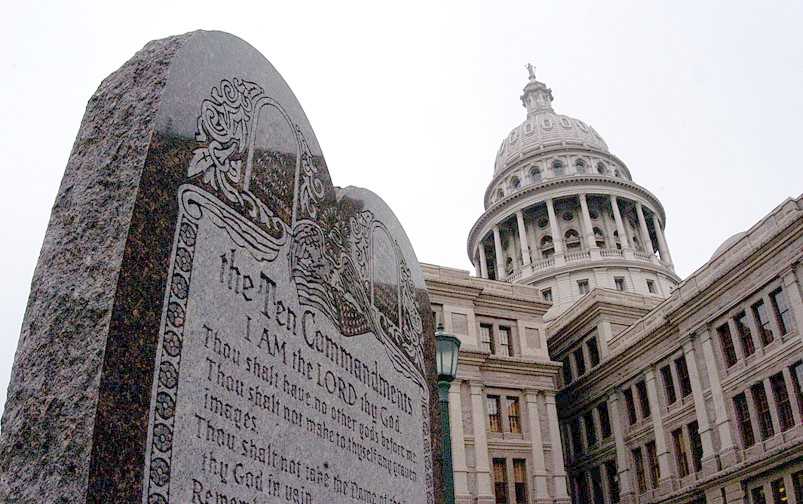
As Louisiana prepares to implement this law, the nation watches closely. Similar proposals have emerged in other states like Texas, Oklahoma, and Utah, indicating a growing movement to reintroduce religious elements into public education. The outcome of Louisiana’s legal battles may set a precedent for how these issues are addressed across the country.

In the coming months, as the debate over the Ten Commandments in classrooms unfolds, the fundamental question remains: Is this law a reasonable and needed affirmation of cultural heritage, or does it represent an unconstitutional imposition of religious beliefs in public institutions? The courts, and the public, will soon weigh in on this pivotal issue.

